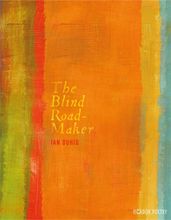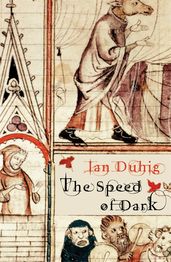Synopsis
Ian Duhig’s erudite, compassionate and often wonderfully droll poetry sits at the intersection of the literary and folk traditions, and moves in an easy and masterly fashion between them. While this has lent his verse an enviable musicality and force, it has also written him a visa to places poets rarely venture. In Pandorama, Duhig has mined poems and songs from the work-camps of England’s itinerant navvies, jihadist training-grounds on the Yorkshire moors, football terraces, and meetings of the National Fancy Rat Society – and has painted a far truer picture of Britain’s cultural diversity than most documentary accounts are able to give us.
It is also one we would rather not confront. Duhig was always an elegist of great power, but never more so than in the quiet and focused anger with which he memorializes the tragic figure of David Oluwale, a Nigerian immigrant whose appalling racial harassment led to his death. With Pandorama, poetry’s finest social historian has delivered a riveting book, its vision as broad and unsettling as its title suggests.
‘The most original poet of his generation’ Carol Ann Duffy, Guardian
‘His poetry is learned, rude, elegant, sly and funny, mixing gilded images, belly-laughs and esoteric lore about language (including Irish), art, history, politics and children’s word-games’ Ruth Padel, Independent on Sunday





